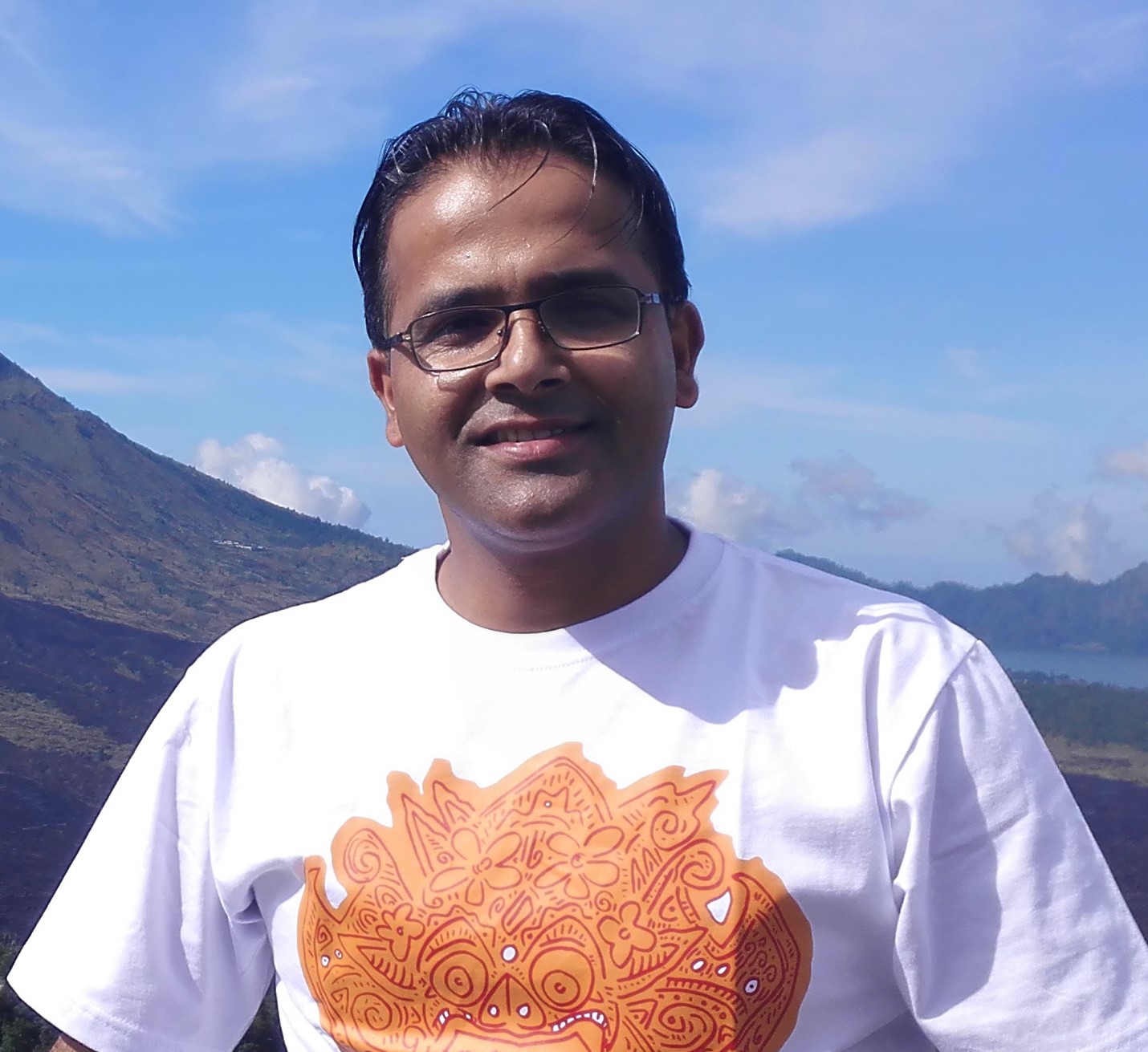Reporters Without Borders (RSF), an international media rights monitoring group, has disclosed today through its 2021 Index that authoritarian regimes in the Asia-Pacific region have used the COVID-19 pandemic to control information while independent journalism is severely suppressed in many countries including Nepal (up 6 at 106th), Bangladesh (down 1 at 152nd) and Sri Lanka (127th). Nepal’s rise in the Index is mainly more due to a fall by other countries than to any real improvement in media freedom, it stated.
Issuing the Index today, RSF states that the dictatorial democracies have used the COVID-19 pandemic as a pretext to impose oppressive laws with the provisions allowing the spread of propaganda and the suppression of dissent. A few genuine democracies in the region have shown that journalistic freedom is the best remedy for disinformation, it added.
“Instead of drafting new repressive laws in order to impose censorship, many countries in the region have contented themselves with strictly applying existing legislation that was already very draconian, i.e. laws on sedition, state secrets, and national security. On the one hand, governments use innovative practices often derived from marketing to impose their own narrative within the mainstream media, whose publishers are from the same elite as the politicians. On the other, politicians and activists wage a merciless war on several fronts against reporters and media outlets that don’t toe the official line,” the RSF statement reads.
While as many as 10 countries in the region have used the COVID-19 pandemic to reinforce obstacles to the free flow of information, Xi Jinping, the President of China, has taken online censorship and propaganda to unprecedented levels by deploying a wide range of measures aimed at controlling the information accessible to China’s 989 million internet users. Additionally, Beijing has taken advantage of the COVID-19 pandemic to further strengthen its control over online information, RSF observed.
- Vietnam (175th) also reinforced its control of social media content while conducting a wave of arrests of journalists including Pham Doan Trang, who was awarded RSF’s Press Freedom Prize for Impact in 2019
- North Korea (up 1 at 179th) continues to rank among the Index’s worst performers because of its totalitarian control over information
- Thailand (up 3 at 137th), Philippines (down 2 at 138th), Indonesia (up 6 at 113th), and Cambodia (144th) adopted extremely draconian laws in the spring of 2020 criminalizing any criticism of the government’s actions
- In some cases, these countries have even made the publication or broadcasting of false information punishable by several years in prison
- Similarly, Malaysia (down 18 at 119th) embodied the desire for absolute control over information leading to the adoption of a so-called “anti-fake news” decree enabling the authorities to impose their own version of the truth
- Singapore (down 2 at 160th) has already been using an anti-fake news decree for the past two years
- In Myanmar (down 1 at 140th), Aung San Suu Kyi’s civilian government used the pretext of combatting fake news during the COVID-19 pandemic to suddenly block 221 websites
- The military’s constant harassment of journalists trying to cover the various ethnic conflicts also contributed to Myanmar’s fall in the Index
- Pakistan (145th) is the other country in the region where the military controls journalists thorough the all-powerful military intelligence agency, Inter-Services Intelligence (ISI), by using judicial harassment, intimidation, abduction, and torture
- In India (142nd), while the pro-government media pumps out a form of propaganda, journalists who dare to criticize the government are branded as anti-state or anti-national by supporters of the ruling Bharatiya Janata Party
- The arbitrary nature of Twitter’s algorithms have also resulted in brutal censorship in India
- With six journalists killed in 2020 and at least four more killed since the beginning of 2021, Afghanistan (122nd) continues to be one of the world’s deadliest countries for the media
- In addition to no change in the climate of mistrust towards journalists, self-censorship remains widespread in Japan (down 1 at 67th)
- Countries in the region such as Bhutan (up 2 at 65th), Mongolia (up 5 at 68th), and Timor-Leste (up 7 at 71st) have fought the temptations of pandemic-linked absolute information control
- In Australia (up 1 at 25th), Facebook decided to ban the Australian media from publishing or sharing journalistic content on their Facebook pages in response to proposed Australian legislation requiring tech companies to reimburse the media for the content posted on their platforms
Analyzing that censorship is not inevitable in times of crisis and that journalism can be the best remedy to disinformation, the Index concluded:
“The regional press freedom models of New Zealand (up 1 at 8th), Australia, South Korea (42nd), and Taiwan (43rd) imperfectly have allowed journalists to do their job and to inform the public without any attempt by the authorities to impose their narratives.”


